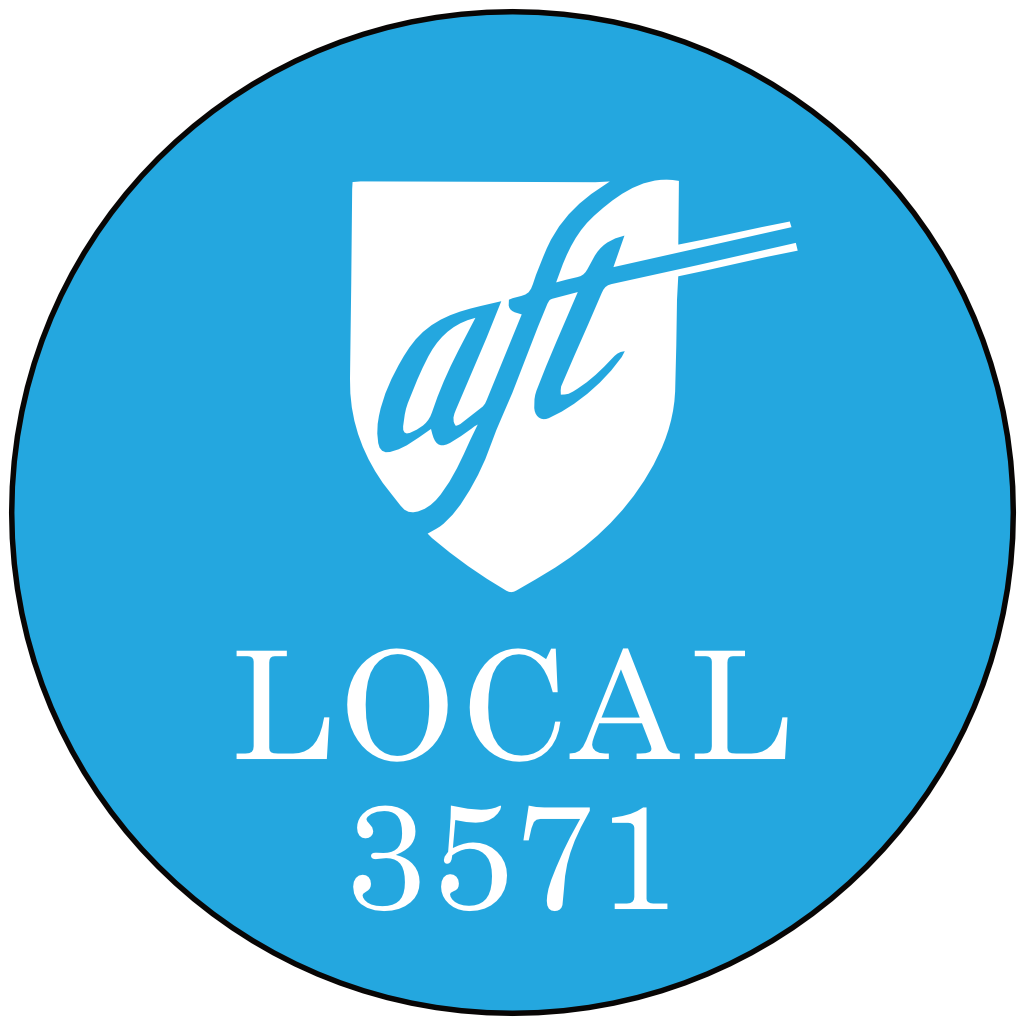We’re proud to share this message from AFT-Oregon about the 2021 Oregon Legislative Session. Read on and download the PDF for the full report.
Executive Summary
It goes without saying that the 2021 Legislative Session was unlike any other session Oregon has witnessed in recent memory. From gavel-in to adjournment sine die, Oregonians watched as the Legislature attempted to navigate a worldwide public health emergency and conduct the people’s business.
In order to accomplish this, legislative leadership ramped up a fully virtual session that found one of the most accessible capitol buildings in the country closed to the public. While this action was a key contention of the session—leading to a short-lived walkout by Republicans in late February—business carried on with the use of video conferencing for public hearings and strict protocols for floor votes.
While the overall session went as smooth as it could have, it was not without complications and controversy. The Oregon House of Representatives lost several days throughout the session when positive COVID-19 tests were identified among members and staff—leading to the cancellation of multiple floor sessions and many members missing for floor votes due to illness and isolation.
This session also saw two members of the House forced to vacate their seats. The first, Democrat Rep. Diego Hernandez, resigned under growing pressure to do so based on multiple allegations of harassment in the workplace. The second, Republican Rep. Mike Nearman, became the first legislator in Oregon’s history to be expelled from the Legislature after evidence surfaced of his involvement with armed protesters at our capitol.
Despite all of these roadblocks and distractions, a majority of legislators were able to work together to meet their constitutional obligation of crafting and passing a budget for the next biennium. The efforts of the Ways and Means Tri-Chairs were buoyed by a very optimistic May revenue forecast and the infusion of federal American Rescue Plan funds.
Progress in Education
When it comes to issues related to pre-K to 20 education, the Legislature spent this session debating bills and budgets aimed at providing quality, equitable education and child care access for all Oregonians. Some highlights of these efforts include, but are not limited to: expanded health care and unemployment insurance access for part-time faculty and classified staff; increased financial aid for students; the inclusion of class size as a mandatory aspect of collective bargaining; and the use of American Rescue Plan (ARPA) funds to increase access to child care throughout the state.
On top of the many policy efforts, the Legislature allocated over $3 billion to the Higher Education Coordinating Commission (including $900 million for the Public University Support Fund and $703 million for the Community College Support Fund), just under $7 billion to the Oregon Department of Education, fully funding the Student Success Act and providing $9.3 billion to the State School Fund for the next biennium. Outstanding issues with the State School Fund are set to be addressed during the interim.
AFT-Oregon Legislative Victories
Adjunct Faculty Health Care: SB 551
PASSED: OR Senate 20-9 | OR House 50-5
A historic legislative win over a decade in the making, SB 551 will ensure that AFT-Oregon adjunct faculty members have access to quality and affordable health insurance. With nearly $13 million allocated to the newly created Part-Time Faculty Insurance Fund established by SB 551, adjunct faculty who work at least half time will be provided the same employer offered health insurance available to their other faculty colleagues at the home institution selected by the adjunct faculty.
Student Loan Forgiveness Eligibility: HB 3255
PASSED: OR Senate 20-2 | OR House 52-6
Further addressing inequities for adjunct faculty, HB 3255 will require notification to all eligible education employees in Oregon about the Public Loan Forgiveness Program (PSLF) as well as direct institutions to credit adjunct faculty with 3.35 hours of credit for every one hour of instruction—a much-needed policy to ensure adjunct faculty can participate in the PSLF program.
UI Clarity for Education Assistants: SB 495
PASSED: OR Senate 21-7 | OR House 40-17
The passage of SB 495 provides clarity for education assistants when trying to access UI benefits. By aligning statutory definitions of “instruction,” SB 495 removes confusion within the Oregon Employment Department and provides clarity about which employees a “reasonable assurance” test must be applied to.
Removing UI Barriers for Classified Staff: SB 496
PASSED: OR Senate 22-6 | OR House 46-9
With the enrollment of SB 496, the Legislature removed the unfair restriction on UI eligibility for school employees in Head Start programs and food service and ensured these employees will not face adjudication when trying to access UI benefits.
HECC Voting Rights: SB 712
PASSED: OR Senate 18-10 | OR House 50-10
AFT-Oregon’s HECC Voting Rights bill will extend voting rights to the existing Higher Education Coordinating Commission (HECC) positions for students, faculty, and non-faculty higher education staff and creates one new position to extend much-needed representation to graduate students.
Read or download the full AFT-Oregon 2021 Legislative Report here (PDF).
